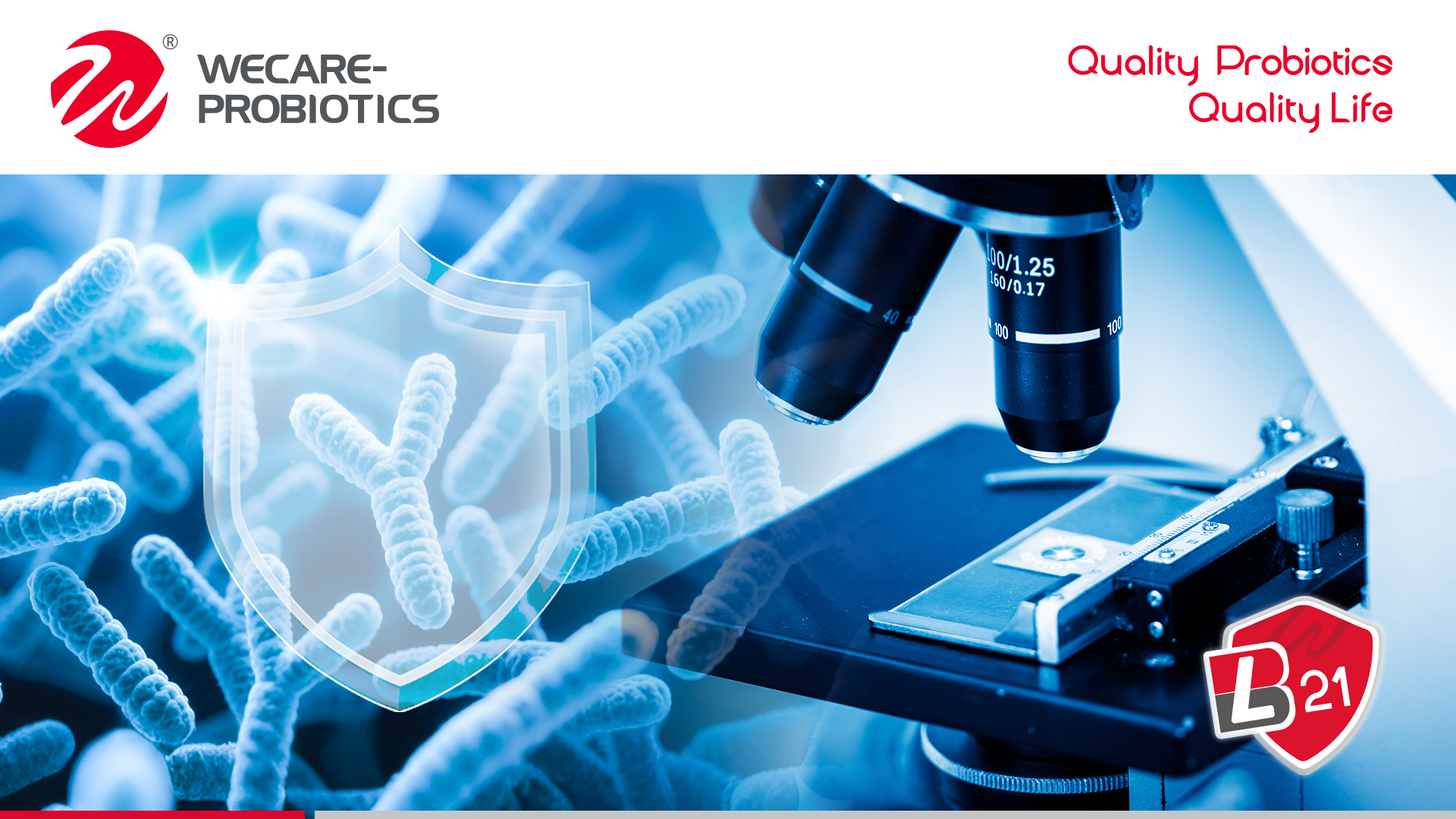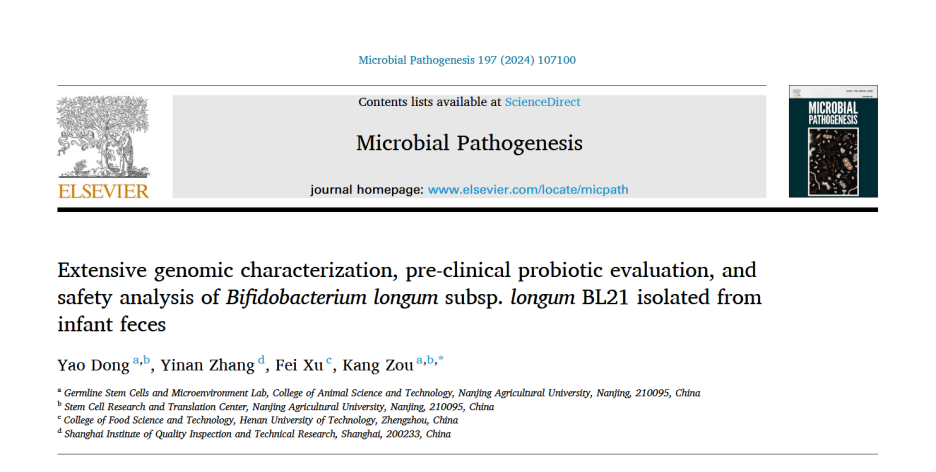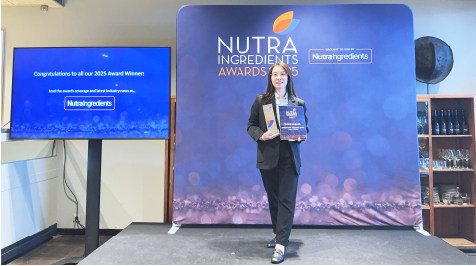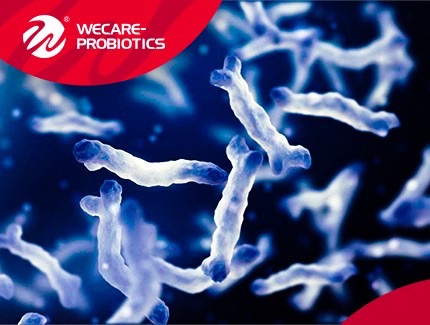Industry Insights
Home > News > Industry Insight > Unlocking the Safety of a Novel Probiotic: Bifidobacterium longum subsp. longum BL21
Unlocking the Safety of a Novel Probiotic: Bifidobacterium longum subsp. longum BL21

The Importance of Probiotic Safety and the Role of BL21
As probiotics gain popularity for their health benefits, ensuring their safety is paramount—especially for strains intended for long-term or vulnerable population use. While many probiotics are generally considered safe, comprehensive, strain-specific safety assessments remain essential. That’s where Bifidobacterium longum subsp. longum BL21 comes in—a probiotic isolated from healthy infant feces, rigorously evaluated to ensure safety, stability, and functionality.
The Safety Assessment
The safety study assessed BL21’s potential pathogenicity, antibiotic resistance, metabolic safety, and gastrointestinal tolerance. Through genomic, in vitro, and in vivo studies, BL21 demonstrates outstanding safety and functional characteristics suitable for dietary and clinical applications.

Key Safety Insights:
1. Genomic Safety: No Risks of Pathogenicity or Resistance Full genome sequencing revealed no virulence factors, antibiotic resistance genes, or biogenic amine synthesis pathways. These findings were validated using international databases (VFDB, CARD, ResFinder, AMRFinder), ensuring a clean and safe genetic profile.
2. Metabolic Safety: No Harmful Metabolites BL21 shows no hemolytic activity and produces no biogenic amines (e.g., histamine, tyramine). It primarily produces L-lactic acid—beneficial for gut health—with minimal D-lactic acid, avoiding metabolic concerns.
3. Antibiotic Sensitivity: No Contribution to AMR BL21 remains highly sensitive to commonly used antibiotics (e.g., ampicillin, vancomycin, tetracycline) in accordance with EFSA standards, posing no risk for spreading antimicrobial resistance.
4. High Gastrointestinal Survival and Tolerance: BL21 exhibits >90% survival under simulated gastric and intestinal conditions, including low pH and bile salts, supporting its potential for effective gut colonization.
5. Cell Compatibility and Strong Mucosal Adhesion: The strain is non-cytotoxic to human intestinal cells and demonstrates strong adhesive properties, promoting gut barrier integrity and prolonged colonization.
6. In Vivo Safety: Excellent Oral Safety Profile In a 14-day acute oral toxicity study, even high doses (2×10¹⁰ CFU/kg) caused no adverse effects, weight abnormalities, or tissue damage in mice, confirming very high safety for consumption.
7. Beneficial Enzymatic Activity: BL21 produces digestive enzymes such as α-galactosidase, β-galactosidase, and α-glucosidase, supporting carbohydrate metabolism and digestive health.
8. Mucin Degradation Ability: It effectively degrades mucin, suggesting a supportive role in intestinal mucosal homeostasis and probiotic-host interaction.
9. Compliance with International Standards: BL21’s safety assessment follows FAO/WHO probiotic guidelines, incorporating genomic, in vitro, and in vivo evidence for comprehensive validation.
10. Broad Application Potential: With demonstrated benefits in gut microbiota modulation, metabolic health, and functional food compatibility, BL21 is ideal for supplements, clinical foods, and health products.
Bifidobacterium longum subsp. longum BL21 represents a well-characterized, genomically stable, and safe probiotic suitable for integration into functional foods, supplements, and clinical formulations. This comprehensive safety profile supports its use in promoting gut health and metabolic balance without compromising safety. As research continues, BL21 may well become a benchmark for what safe, effective, and science-backed probiotics can achieve.
References:
Dong, Y., Zhang, Y., Xu, F., Zou, K. (2024). Extensive genomic characterization, pre-clinical probiotic evaluation, and safety analysis of Bifidobacterium longum subsp. longum BL21 isolated from infant feces. Microbial Pathogenesis, 197, 107100. DOI: 10.1016/j.micpath.2024.107100









 Leave a Message
Leave a Message Email
Email Linkedin
Linkedin